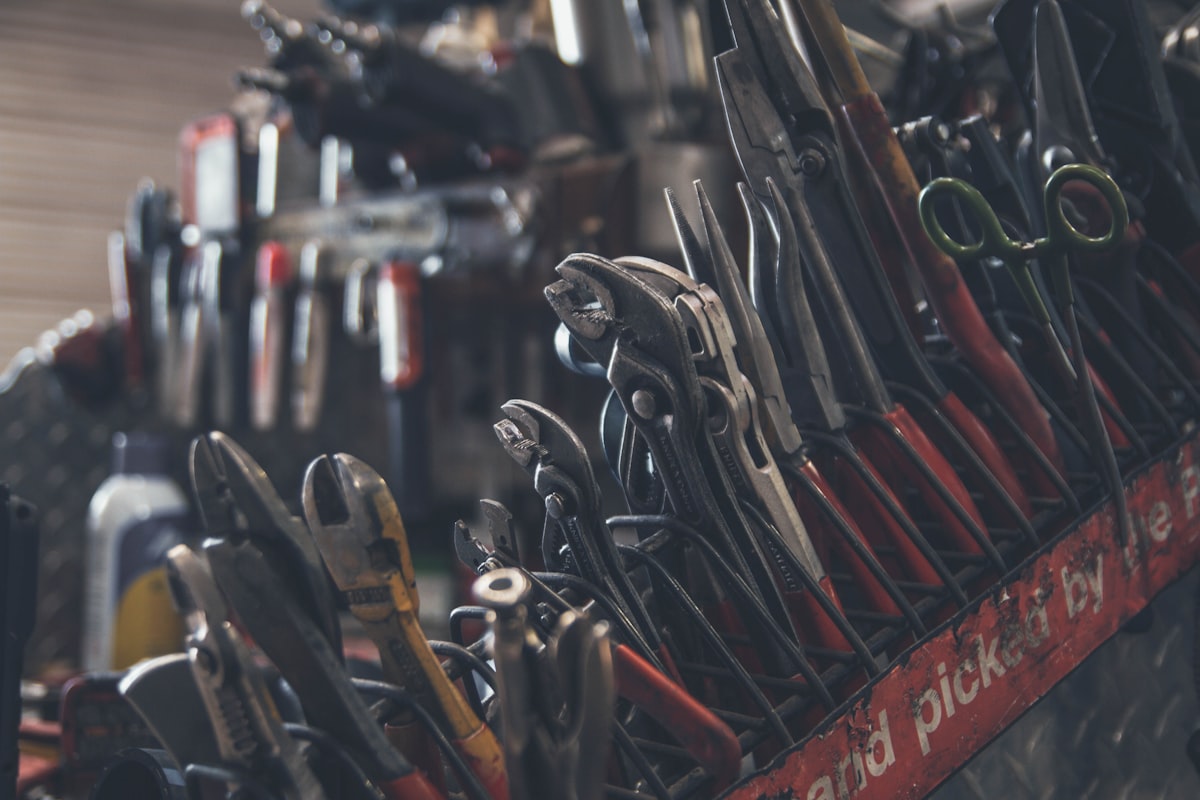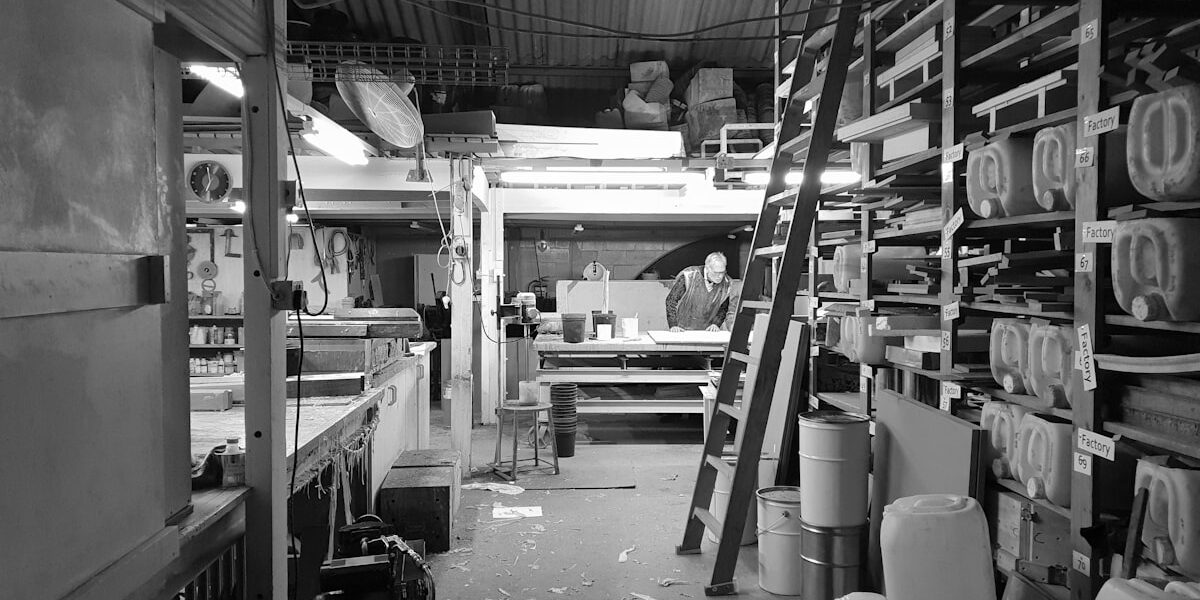Vinegar Rust Removal: An Effective and Affordable Solution
Rust can ruin metal objects. It’s an inevitable issue, especially in humid environments. Commercial rust removers are available, but they’re often expensive and harsh. Vinegar offers a natural, cost-effective alternative that many people already have in their pantry.
Why Vinegar Works
Vinegar contains acetic acid. This acid reacts with the rust, or iron oxide, on metal surfaces. The reaction breaks down the rust, making it easy to scrub away. Unlike heavy chemicals, vinegar is safe to use and non-toxic. Plus, it doesn’t release harmful fumes, making it safe for indoor use.

Types of Vinegar to Use
White vinegar is most effective for rust removal. It has a higher acid content, which speeds up the rust removal process. Apple cider vinegar can work too, but it may not be as strong. Distilled white vinegar is widely available and usually the cheapest option.
Preparing for Rust Removal
First, gather your materials. You’ll need white vinegar, a container large enough to submerge the rusty item, scrubbing pads or steel wool, and protective gloves. For larger items, a spray bottle filled with white vinegar can be useful. Ensure the area you’re working in is well-ventilated.
Submerging Small Items
Place the rusty item in the container. Pour enough vinegar to completely cover the item. Let it soak. Depending on the rust severity, this could take anywhere from a few hours to overnight. For heavily rusted items, checking every few hours helps monitor progress.

Using Vinegar for Large Items
If submersion isn’t possible, soak a cloth in vinegar. Wrap it around the rusty area. Alternatively, use a spray bottle to apply vinegar directly. Re-wet the cloth or reapply the vinegar every few hours. This method may take longer but is effective for large surfaces.
Scrubbing Away the Rust
Once the rust has soaked, it’s time to scrub. Use a scrubbing pad or steel wool. Gently scrub the surface to remove the loosened rust. For intricate items, an old toothbrush can reach tight spots. For persistent rust, re-soaking and scrubbing may be necessary.
Rinsing and Drying
After scrubbing, rinse the item with water. This stops the acetic acid from continuing to react with the metal. Dry it thoroughly. Any remaining moisture can lead to new rust formation. Using a towel or cloth to dry the item can speed up the process. For extra precaution, let the item air dry completely before storing it.
Preventing Future Rust
Consider applying a rust inhibitor. Options include commercially available products or a light coating of oil. This helps protect the metal from moisture and air, two primary rust catalysts. Store metal items in dry, climate-controlled areas when possible.
Environmental and Safety Considerations
Vinegar is biodegradable and environmentally friendly. It’s a safe option compared to chemical rust removers. Always wear gloves to protect your skin from prolonged vinegar exposure. If working with larger items, eye protection is wise. Spill cleanup is straightforward with water and doesn’t harm surfaces unlike stronger chemicals.
Cost Comparison
Vinegar is affordable. A gallon of white vinegar costs a few dollars. In contrast, commercial rust removers can be significantly more expensive. For small projects or frequent use, vinegar offers substantial savings.
Common Uses and Limitations
Vinegar works well on tools, kitchen utensils, and small automotive parts. It may not be ideal for large-scale projects or severely rusted structural elements. Patience is required. The process isn’t instant, but it’s reliable and gentle on the metal.
Case Studies
Many DIY enthusiasts report successful rust removal with vinegar. A popular example includes cleaning rusty garden tools. After soaking overnight, the tools often look nearly new after a good scrub. Another common use is on rusty hand tools. Submersion followed by scrubbing restores functionality and appearance.
Vinegar is an effective and economical solution for removing rust. It’s safe to use, environmentally friendly, and easily accessible. While it requires some patience and elbow grease, the results are worth the effort. Giving vinegar a try could transform your rusty items and save money in the process.
“`


